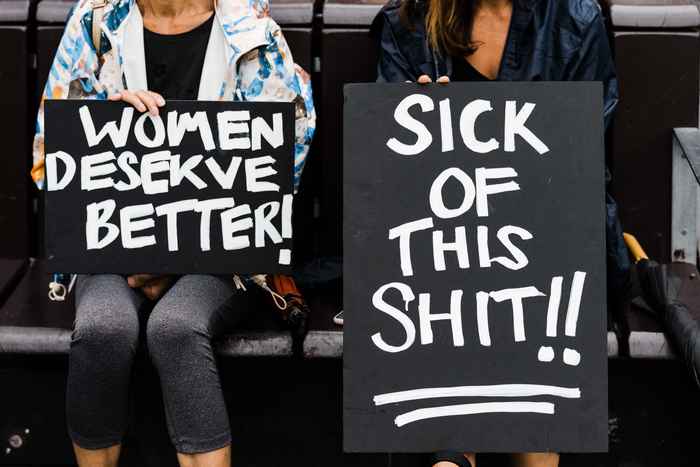Philosophy and Public Affairs
PhD Workshop by Jetske Brouwer
- Date
- 8 January 2025
- Time
- 16:00 -18:00
- Location
- Hybride

You are kindly invited to join us for the next session of the Philosophy and Public Affairs (PPA) Colloquium, which takes place January 8 at the University of Amsterdam.
This session will be a joint PhD Workshop: Jetske Brouwer (UvA) will discuss the chapter ‘Thinking (Categorical) Porosity: Gestationality as More-than-Human Care’, and Giovanni Russo (Bologna/visiting UvA) will discuss ‘How to Criticize a Form of Life? On the Ethical Problem of Rahel Jaeggi’s Immanent Approach’.
The details of this session are below. Please contact me if you would like to receive the texts in advance (j.leeuwenkamp@uva.nl). We will meet from 16:00 to 18:00 (!) in the Faculteitskamer of the Philosophy Department, Oude Turfmarkt 147. You can also join on Zoom: https://uva-live.zoom.us/j/89282729979.
Looking forward to seeing you all there!
‘Thinking (Categorical) Porosity: Gestationality as More-than-Human Care’
For more than five decades, ecofeminists have been interested in the intricate web of life; they reconceptualise human and nonhuman beings as (always-already) interdependent and co-creating. Therefore, ecofeminism has been said to “foresee the posthuman turn” that includes the development of new materialist theory. In their respective writings, multiple ecofeminists and new materialists conceptualise or adhere to the idea of “care.” This notion is generally understood as both a descriptive and prescriptive term, which characterises various more-than-human relations and could foster more liveable and just relations across earth-dwellers. Notably, ecofeminist and new materialist perspectives diverge too. In this chapter section, I relate these differences to categorical approach, and illustrate them via a comparative analysis of texts by Val Plumwood and Karen Barad. Next, I propose to think ecofeminist and new materialist perspectives together when exploring care as an ethico-political ideal. For this, I turn to Astrida Neimanis’s work on “gestationality.” I consider gestationality a meaningful articulation of more-than-human care that demonstrates how ecofeminist and new materialist theory can be fruitfully connected.
Bio
Jetske Brouwer is a PhD candidate in Philosophy, affiliated with the Amsterdam School for Cultural Analysis. In her dissertation, she engages with the history and theory of ecofeminism and explores the idea of more-than-human care.
‘How to Criticize a Form of Life? On the Ethical Problem of Rahel Jaeggi’s Immanent Approach’
This paper critically examines the immanent critique developed by Rahel Jaeggi in Critique of Forms of Life. I argue that Jaeggi’s framework contains an ethical problem that risks rendering her immanent critique not successful. To develop this argument, I initially retrace Jaeggi’s conceptualization, focusing on her immanent critique of forms of life and their dual ethical-functional normativity. I highlight that the ethical connotation lacks a deeper conceptual foundation and seems to be reduced to the functional criterion. I then deal with this ethical problem. I suggest that evaluating the ethical dimension of a norm is inseparable from assessing how it shapes the social relations within a form of life, namely its immanent moral sphere. Finally, I argue that defining the ethical dimension of norms, in order to make Jaeggi’s framework more fruitful, requires integrating an immanent moral element into the analysis.
Bio
Giovanni Russo is a Ph.D. candidate in the Department of Philosophy at the University of Bologna. He is currently conducting part of his doctoral research at the University of Amsterdam. His research focuses on political and social philosophy, particularly on how technology impacts human social relations and the functioning of liberal democracy. He is currently working on his doctoral project, “Artificial Intelligence and Democracy”.